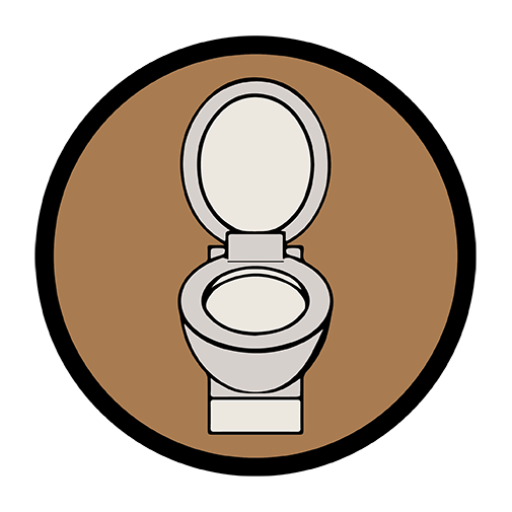According to Slavoj Žižek
Slavoj Žižek is a Slovenian philosopher who during an Architecture congress held in 2011 in Pamplona, Spain, explained how behind some architectural items there’s a sort of intrinsic ideology, even if you don’t notice it. Ordinary objects can hide something that can make us think and as an example he mentioned toilets. Toilets have different shapes depending on the country and simplifying as much as possible, he listed three big nations with the most significant differences in their toilet design: France, Germany, and England.
- The hole of the French toilet is on the back as to hide stools from view and throw them off as quickly as possible;
- The English have a toilet with a hole in the center with a bowl full of water, so stools float before being flushed;
- In Germany instead, the hole of the bowl is on the front to easily look and check their stools.
Having noticed that, he asked some of his friends why these differences were present. However, nobody could answer his question, nor the architects. So, he thought about these three nations and realized they were socially and politically relevant, especially in the late 18th Century. Therefore, he concluded that:
- In France, being more revolutionary, there’s a more political approach;
- England, more moderate and liberal, has an economical approach;
- Germany instead, has a metaphysical, poetic, and conservative approach.
So, this could be the interpretation: In France, they are revolutionary hence their stool is quickly flushed, they want to get rid of it swiftly. In England are more pragmatic and rational therefore they let stool float before flushing it. In Germany, they spend more time watching and observing their stools before they throw them off hence they are more reflexive.
Hegel, the German philosopher, was the first to see in this geographic triad three different existential attitudes: revolutionary (France), pragmatic (England), and reflexive (Germany). In political terms, this can be read as French revolutionary radicalism, English liberalism, and German conservativism.
the French act as if, by instinct, to get rid of what they do not like: they do not want to look at their stools, and they want to dispose of them as soon as possible. The English seek a more equal and reasoned solution: stools float to make less smell and to not stick to the bowl, unlike the French who act too instinctively and risk leaving traces of their waste. The Germans have no problem in looking at what they don’t like, they observe their stools and try to get something out of them: either positive or negative.
Source youtube

